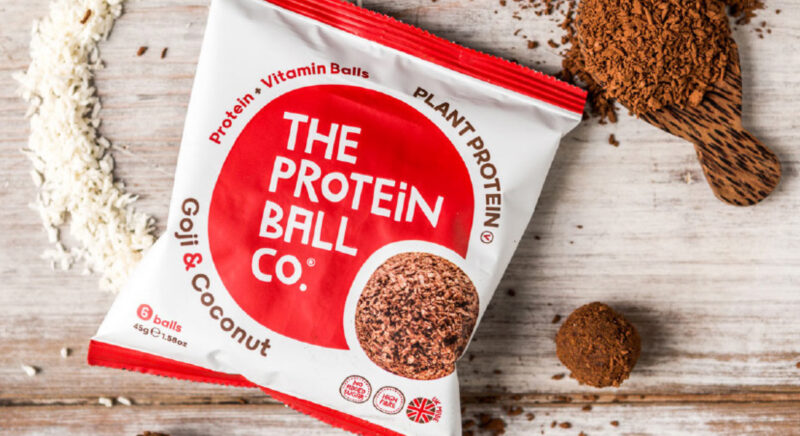Whether you’re a burgeoning startup or an established brand aiming for expansion, navigating the path to growth requires strategic planning and execution. Here are five potent strategies to help food brands scale up faster and more effectively:
Embrace Innovation in Product Development
To captivate evolving consumer tastes and preferences, innovation in product development is paramount. Conduct market research to identify emerging trends and gaps in the market. Experiment with novel ingredients, flavours, and packaging formats to differentiate your brand and appeal to a broader audience. Additionally, consider incorporating health-conscious, sustainable, or ethically sourced ingredients to align with evolving consumer values. By continually innovating your product line, you can stay ahead of the curve and attract new customers while retaining existing ones.
Forge Strategic Partnerships
Collaborating with strategic partners can provide access to new markets, distribution channels, and resources that accelerate growth. Explore partnerships with retailers, distributors, or complementary brands to expand your reach and amplify brand visibility. Joint marketing initiatives, co-branded products, or cross-promotional campaigns can leverage each partner’s strengths and foster mutual growth. Additionally, forging alliances with suppliers or manufacturers can optimise production processes, reduce costs, and enhance operational efficiency, further fueling your brand’s expansion.
Invest in Scalable Infrastructure
As demand surges with growth, it’s vital to invest in scalable infrastructure to support increased production and distribution volumes. Evaluate your manufacturing facilities, supply chain logistics, and technology systems to identify areas for optimisation and expansion. Implementing automation, upgrading equipment, or streamlining processes can boost productivity, minimise bottlenecks, and improve overall efficiency. Moreover, leveraging cloud-based software solutions for inventory management, order fulfillment, and customer relationship management (CRM) can enhance agility and scalability while mitigating operational complexities.

Check out how we helped The Protein Ball Co
Prioritise Brand Building and Marketing
Effective branding and marketing are indispensable for raising brand awareness, fostering customer loyalty, and driving sales growth. Develop a cohesive brand identity that resonates with your target audience and communicates your brand’s unique value proposition. Utilise multi-channel marketing strategies encompassing social media, content marketing, influencer partnerships, and experiential activations to engage consumers across various touchpoints. Leverage data analytics and consumer insights to refine your marketing efforts continually, optimise campaign performance, and maximise return on investment (ROI). By prioritising brand building and marketing, you can amplify your brand’s presence and accelerate growth trajectory.
Cultivate a Customer-Centric Culture
Building a customer-centric culture is foundational to sustained growth and success. Prioritise customer satisfaction, feedback, and retention by delivering exceptional product quality, service, and experiences. Actively solicit feedback through surveys, reviews, and social media interactions to understand customer preferences and address pain points promptly. Cultivate brand advocates by rewarding loyalty, incentivising referrals, and fostering meaningful connections with your audience. By prioritising the needs and desires of your customers, you can foster long-term relationships, drive repeat purchases, and unlock organic growth through word-of-mouth referrals.
In conclusion, scaling up a food brand requires a multifaceted approach encompassing innovation, strategic partnerships, scalable infrastructure, brand building, and a customer-centric mindset. By implementing these five strategies effectively, food brands can accelerate their growth trajectory, expand their market presence, and establish themselves as industry leaders in the dynamic and competitive landscape of the food industry.




